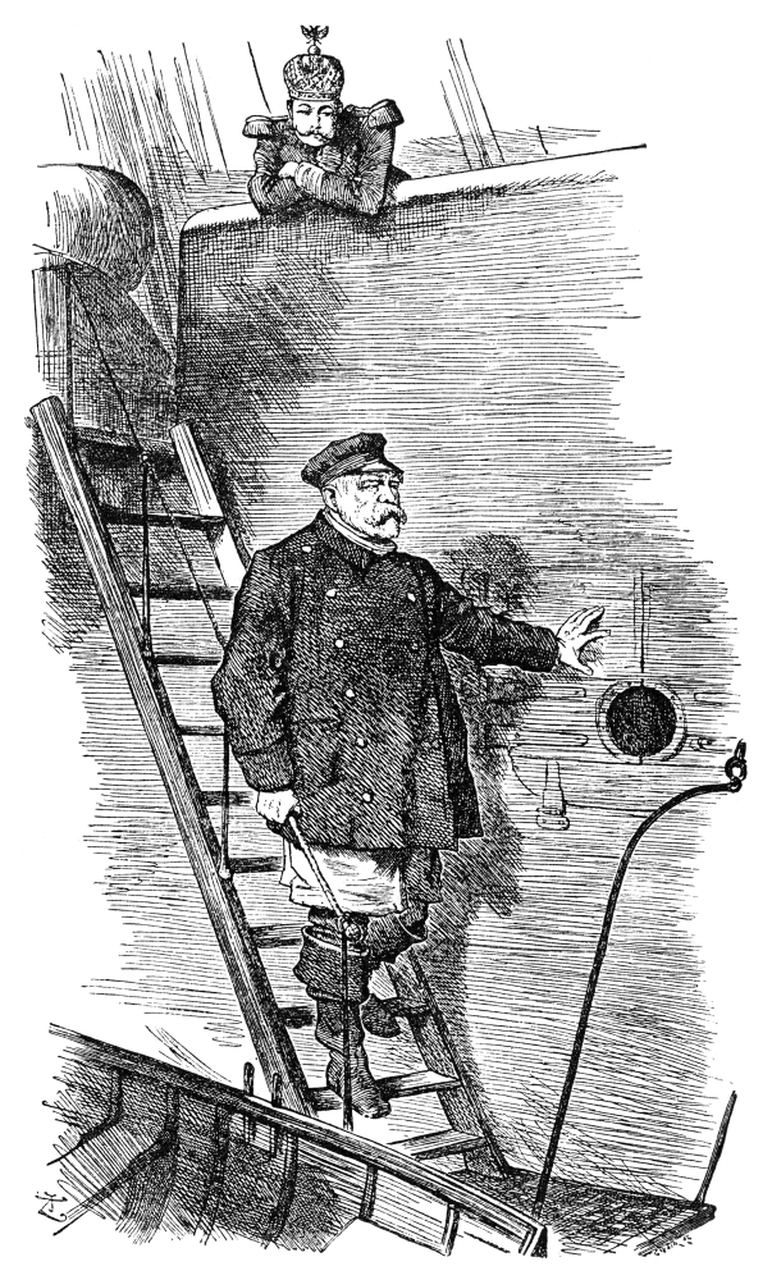On March 18, 1890, German Chancellor Otto von Bismarck resigned. Well, technically, at least. In reality, he was forced out of office by Kaiser Wilhelm II. Their falling out marked the end of one of the most powerful and influential political careers of 19th century Germany.
Bismarck had been appointed Minister-President of Prussia by Wilhelm I in 1862. He successfully waged war against France, Austria, and Denmark, and he was instrumental in the formation of the German Empire in 1871. Having gained the power he wanted for Germany, he then set about the task of maintaining the peace. He proved even better at that than he was at waging war. He was the undisputed master of multilateral diplomacy and kept the European powers from war despite a lot of tense and difficult situations. And, during it all, he advanced the power and influence of Germany wherever he could.
But his pace was too slow for Wilhelm II. Wilhelm I had died in 1888, and his son, Friedrich III, ruled for only 99 days before dying of cancer. Wilhelm II, who succeeded Friedrich, lacked the patience for Bismarck’s slow, cautious approach to foreign policy. He wanted an aggressive approach that would rapidly expand Germany’s territory and power.
They clashed over this and many other areas, including Bismarck’s desire to violently crush German socialists. Eventually, Bismarck simply refused to work with Wilhelm anymore, and he took to openly insulting him. In return, Wilhelm made it clear that his career was over. Bismarck penned a scathing letter of resignation but only had it published after he had passed away.

